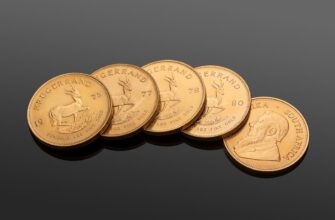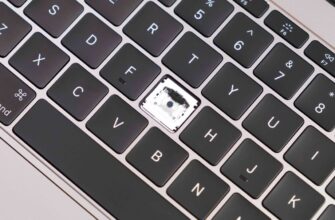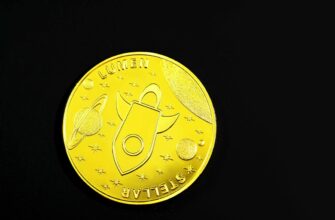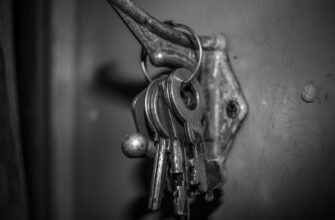- Why You Need a Reliable Bitcoin Wallet in Bolivia
- Top 5 Bitcoin Wallets for Bolivian Users
- Key Selection Criteria for Bolivian Crypto Users
- Step-by-Step: Setting Up Your Bitcoin Wallet in Bolivia
- Bitcoin Wallet FAQ for Bolivian Users
- Is Bitcoin legal in Bolivia?
- Can I buy Bitcoin directly with Bolivianos?
- Are hardware wallets necessary in Bolivia?
- How do I avoid BCB restrictions?
- Which wallets support Bolivian mobile networks?
Why You Need a Reliable Bitcoin Wallet in Bolivia
With Bolivia’s growing crypto adoption and unique financial landscape, choosing the best Bitcoin wallet is crucial. While cryptocurrency exchanges remain restricted by Bolivia’s Central Bank (BCB) since 2014, self-custody wallets allow Bolivians to securely store, send, and receive BTC legally. A proper wallet protects against volatility, enables borderless transactions, and safeguards assets from inflation – essential features in Bolivia’s economy.
Top 5 Bitcoin Wallets for Bolivian Users
After evaluating security, accessibility, and Bolivia-specific compatibility, these wallets stand out:
- Exodus – Best for beginners with its intuitive Spanish interface, built-in exchange, and multi-currency support. Works offline for enhanced security.
- Trust Wallet – Top mobile choice featuring Bolivian Boliviano (BOB) price tracking, DeFi access, and seamless Binance integration.
- Ledger Nano X – Most secure hardware wallet for large holdings. Cold storage keeps keys offline, immune to Bolivian internet instability.
- Electrum – Ideal for advanced users. Lightweight software with customizable fees – perfect for slower Bolivian networks.
- BlueWallet – Best for Lightning Network transactions. Enables instant, low-cost BTC transfers critical for remittances.
Key Selection Criteria for Bolivian Crypto Users
Prioritize these factors when choosing your Bitcoin wallet:
- Legal Compliance: Ensure the wallet operates within BCB’s self-custody allowance
- Network Compatibility: Opt for wallets functioning reliably on Bolivia’s intermittent internet
- Fee Flexibility: Choose adjustable transaction fees to manage costs during network congestion
- Language Support: Spanish interfaces prevent costly mistakes
- P2P Integration: Wallets compatible with LocalBitcoins or Paxful simplify Boliviano-to-BTC conversions
Step-by-Step: Setting Up Your Bitcoin Wallet in Bolivia
- Download your chosen wallet from official sources (avoid third-party app stores)
- Generate and securely back up your 12-24 word recovery phrase offline
- Enable all security features (2FA, biometrics)
- Test with small transactions before major transfers
- Use VPNs cautiously to avoid triggering security locks
Bitcoin Wallet FAQ for Bolivian Users
Is Bitcoin legal in Bolivia?
While trading on exchanges is prohibited, personal wallet ownership and peer-to-peer transactions remain legal under Bolivian law.
Can I buy Bitcoin directly with Bolivianos?
Yes, through P2P platforms like LocalCryptos or in-person transactions. Wallets like Trust Wallet integrate these services.
Are hardware wallets necessary in Bolivia?
Recommended for holdings over $500. Hardware wallets provide critical protection against cyber theft and power/network issues.
How do I avoid BCB restrictions?
Use decentralized wallets requiring no KYC. Never mention “exchange” services – focus on self-custody and P2P transactions.
Which wallets support Bolivian mobile networks?
Lightweight options like Electrum and BlueWallet perform best on Entel or Tigo’s 3G/4G networks during connectivity drops.








